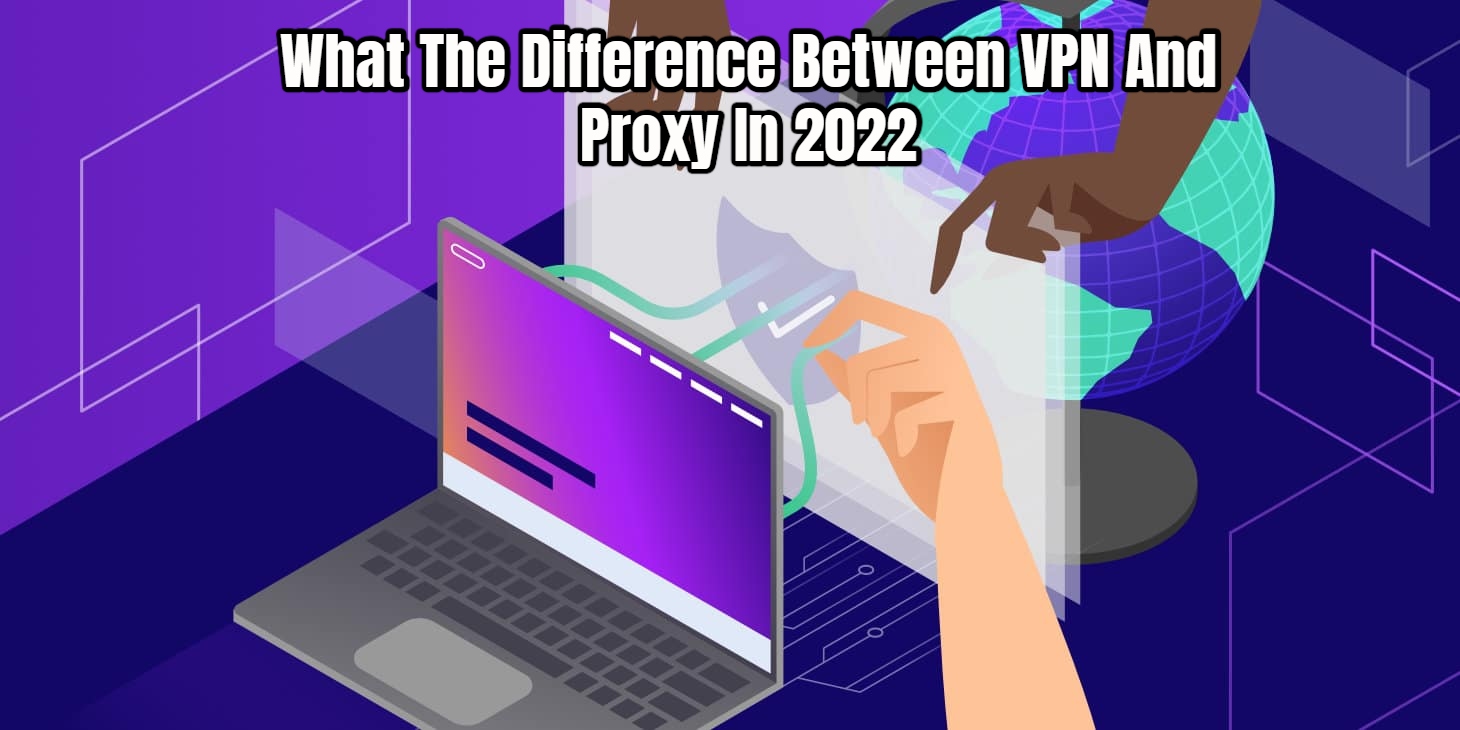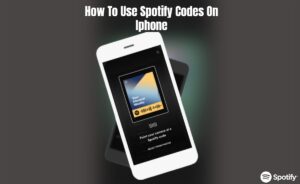What The Difference Between VPN And Proxy In 2022. Although both proxies and VPNs allow you to alter how your web traffic is viewed by others, they fundamentally different technologies. We’ll tell you which one is best for you.
While VPNs are consuming all of the oxygen in the privacy debate, a related technology that hasn’t earned the same kind of attention is the modest proxy. We asked experts from two of the most well-known VPN providers to explain the differences and if you should use one, both, or neither. Although both firms have an interest in marketing VPNs, they are professionals in the field of privacy. In addition, NordVPN includes its own proxy service with its VPN service.
Table of Contents
What Is A Proxy Server? (Hint: It’s Not A Virtual Private Network)
VPNs and proxies are related. They, like a VPN, can reroute your online traffic to make it appear as though it is coming from somewhere else, thereby masking your true IP address. Proxy servers work by “transporting your communication between your client machine and a proxy server by wrapping it in some kind of outer header,” according to Kiril Mikulskij, the Network Engineering Team Lead at NordVPN. A proxy, like a VPN, transfers your web traffic to a proxy server, which then spits it back out onto the internet, according to Mikulskij.

A VPN, according to Mikulskij, adds layers to this basic procedure. “A VPN operates in a similar way, but we add encryption by default and ensure the packets are verified on top of the encapsulation.”
You may pretty guaranteed that all of your web traffic is encrypted when you use a VPN, but this isn’t always the case with proxies. ProtonVPN’s R&D leader, Laurent Fasnacht, highlighted that proxies that employ the SOCKS and HTTP protocols do not encrypt user traffic. SSL or HTTPS proxies encrypt user traffic, but not HTTP proxies that forward to HTTPS.
“I highly advise against using non-encrypted proxies since they offer no protection,” Fasnacht stated. “In today’s world, encryption should be the standard for all services. There is no reason not to make use of it.”
VPN And Proxy

Another significant distinction the manner in which the connections formed. “With the VPN server, it’s like a tunnel that stays there,” Fasnacht explained. VPN connections typically managed at the operating system level and apply to all web traffic generated by your machine. “Your computer sends traffic across the [VPN] tunnel whenever it wants to send something.”
A proxy isn’t like that. Each application, according to Mikulskij, requires its own proxy connection. In practise, the proxy connection used to manage browser traffic will not operate for any other application on your computer. This opens up a variety of ways for web traffic to bypass the proxy connection and depart your machine.
Also Read:How To Set Up Facebook Protect
Do You Require A Proxy—Or, For That Matter, A VPN?
A VPN, according to both VPN specialists, performs a superior job of disguising your web traffic and protecting your privacy. However, depending on what you’re attempting to accomplish, proxies can be useful.

While a VPN encrypts all traffic from your system, it often necessitates greater levels of permissions, according to Fasnacht. A proxy, on the other hand, can set up without the need for any particular permissions. There are a number of websites on the internet that act as proxies, allowing you to type in a URL and then access the destination site through the proxy site in your browser. You might remember these from your wild adolescence, when you tried to get around the limits on your high school’s internet connection.
Mikulskij also mentioned that if all you want to do is unblock websites or make your traffic appear to be coming from somewhere else, a proxy can help you do that swiftly and easily. He did note out that many VPNs provide a large number of servers in various regions, as well as other privacy tools, which could make it more appealing.
Several VPN firms, for example, provide browser plug-ins that are actually proxies. NordVPN’s browser plug-in, according to Mikulskij, provides an encrypted proxy connection.
Both Fasnacht and Mikulskij agreed that utilising a VPN and a proxy at the same time was pointless. Routing web traffic through a VPN alone will always reduce speed and performance, and adding the additional layer of complexity provided by a proxy is a formula for disaster.
The Right Tool For The Right Job
It’s sometimes tough to tell what’s just marketing and what the product will genuinely do for you when it comes to security and privacy products.
“As a tech guy, it irritates me a little when I see people make terrible decisions because of marketing or bad explanations,” Fasnacht remarked. He recommended that buyers do their homework on things, even if it’s difficult to do so. Consumers would make better decisions if they knew what a product could achieve and why they wanted to use it in the first place—especially when things given away for free.
This is especially true with VPNs and proxies, which may track your internet activities for ad purposes or other criminal motives. Free products, in particular, must scrutinised because they rely on outside funding to stay afloat.
Understanding what the product you’re using does and how it produces money, according to Fasnacht, is critical. This is especially true if it comes at no expense. “If it’s free, why is it free?” Fasnacht wondered.



